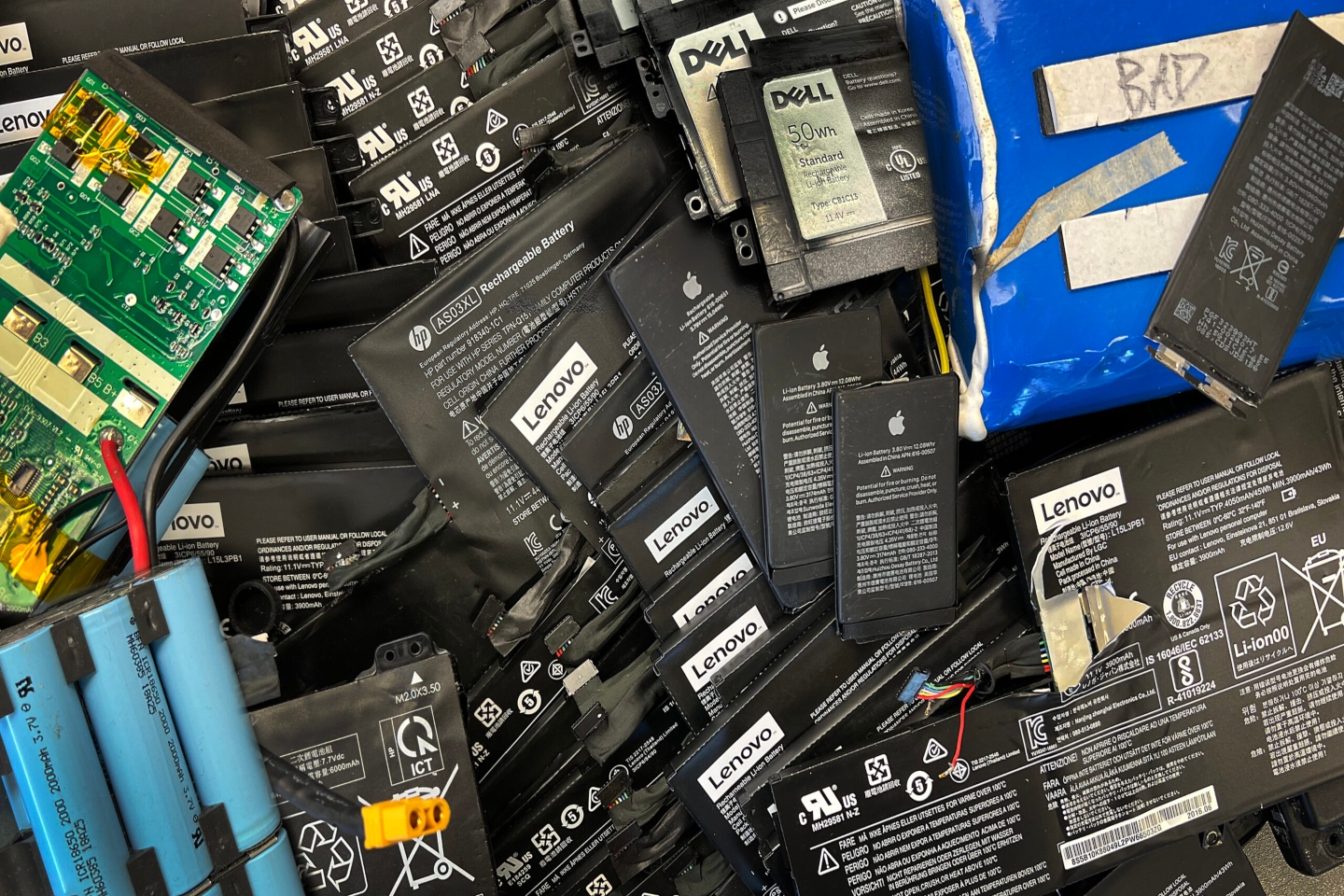Lithium Australia continues to grow its revenue stream after recording almost $1m in receipts from customers for the June quarter and finishing the financial year with $4.8 million in the tin. The company recorded $994,000 in revenue for the June quarter that has increased from $575,000 in the March quarter that in turn grew from $488,000 for the December quarter.


Lithium Australia continues to grow its revenue stream after recording almost $1m in receipts from customers for the June quarter and finishing the financial year with $4.8 million in the tin.
The company recorded $994,000 in revenue for the June quarter that has increased from $575,000 in the March quarter that in-turn grew from $488,000 for the December quarter.
Australian Lithium subsidiary Envirostream has reported an increase in its collection and processing of end-of-life batteries since the commencement of B-cycle — the Australian Government-backed battery recycling scheme developed by the Battery Stewardship Council and launched in January this year.
During the June quarter Envirostream received its first cash rebate from the scheme from the collection, sorting and processing of recycled batteries.
The subsidiary also produces mixed metal dust, or “MMD” from its processes that includes metals such as cobalt and nickel.
Envirostream then sells MMD to tier 1 mining companies and recycling companies.
This week Envirostream added more than 100 spent battery collection sites across the nation after signing a battery recycling services agreement with Battery World Australia.
The deal allows Envirostream to collect spent lithium batteries from Battery World’s 110 franchises nationally after a trial program across several stores in south-east Queensland.
The latest partnership gives Envirostream access to more than 800 collection points throughout Australia after similar collaborations with retailers such as Bunnings and Officeworks.
According to the CSIRO, Australia generates about 3000 tonnes of lithium-ion battery waste each year.
Only 2 per cent of the waste is recycled and Australia’s leading scientific authority says the figure could grow to 100,000 tonnes by 2036.
Envirostream is attempting to address the issue head-on by employing its unique recycling process to shred and recycle lithium batteries from across the country at its Victorian plant.
Lithium Australia says outside China, the lithium-ion battery industry has so far favoured nickel and cobalt cathode chemistries.
However, during the past 18 months there has been a shift in market focus with lithium-ion batteries now staking a claim as the segment’s fastest-growing faction.
Whilst Lithium Australia is yet to reach its break-even point despite continually growing its revenue following the introduction of the B-cycle scheme, the rising number of Envirostream collection points and subsequent increase in batteries handed in may help its reach that destination faster than many expected.
Is your ASX-listed company doing something interesting? Contact: matt.birney@businessnews.com.au












